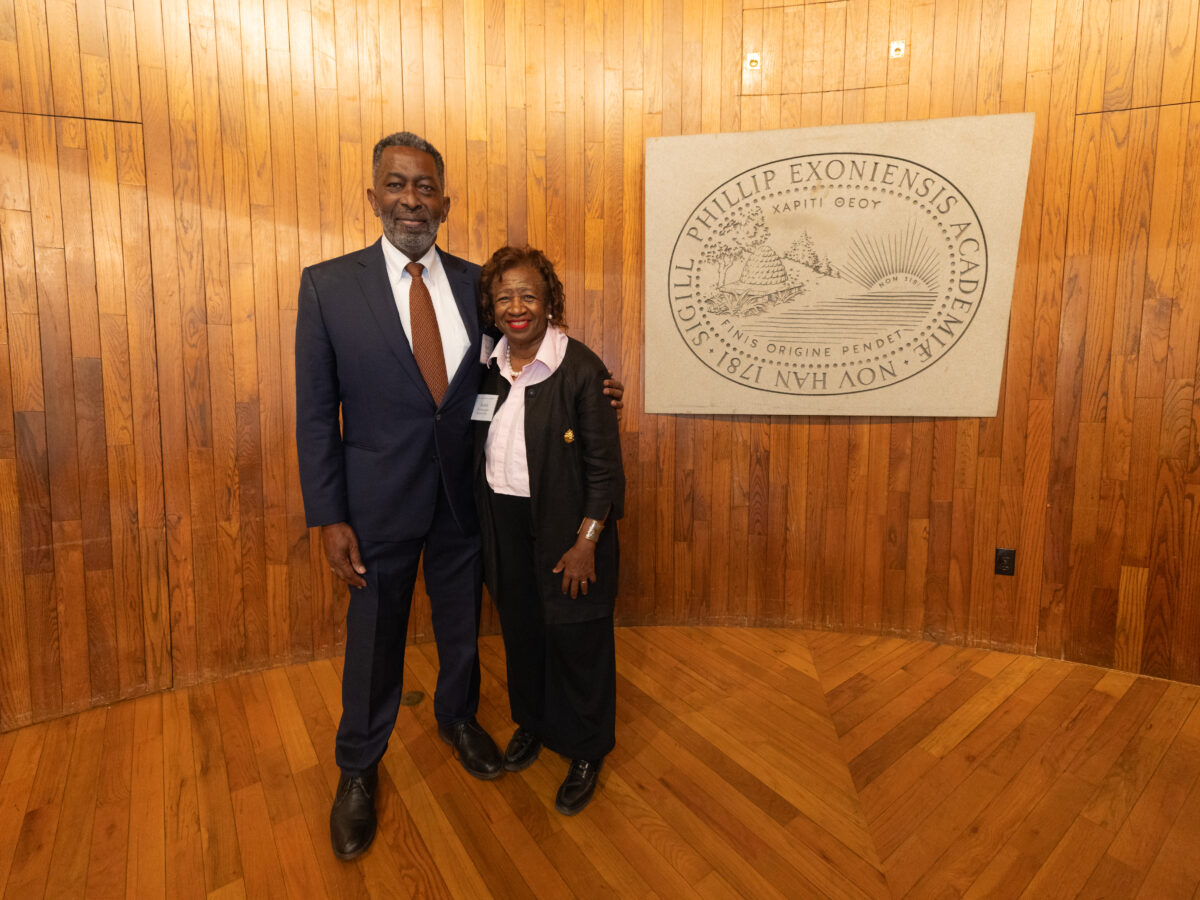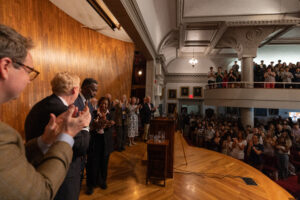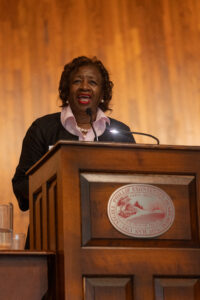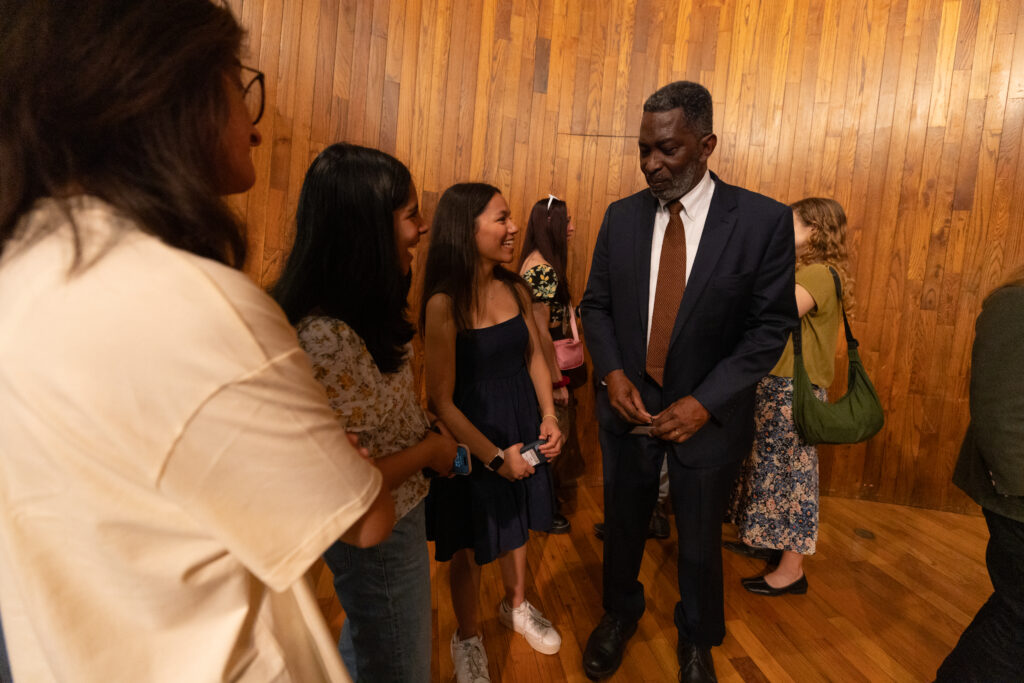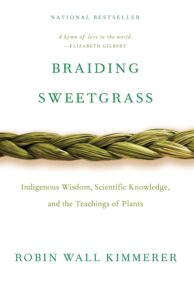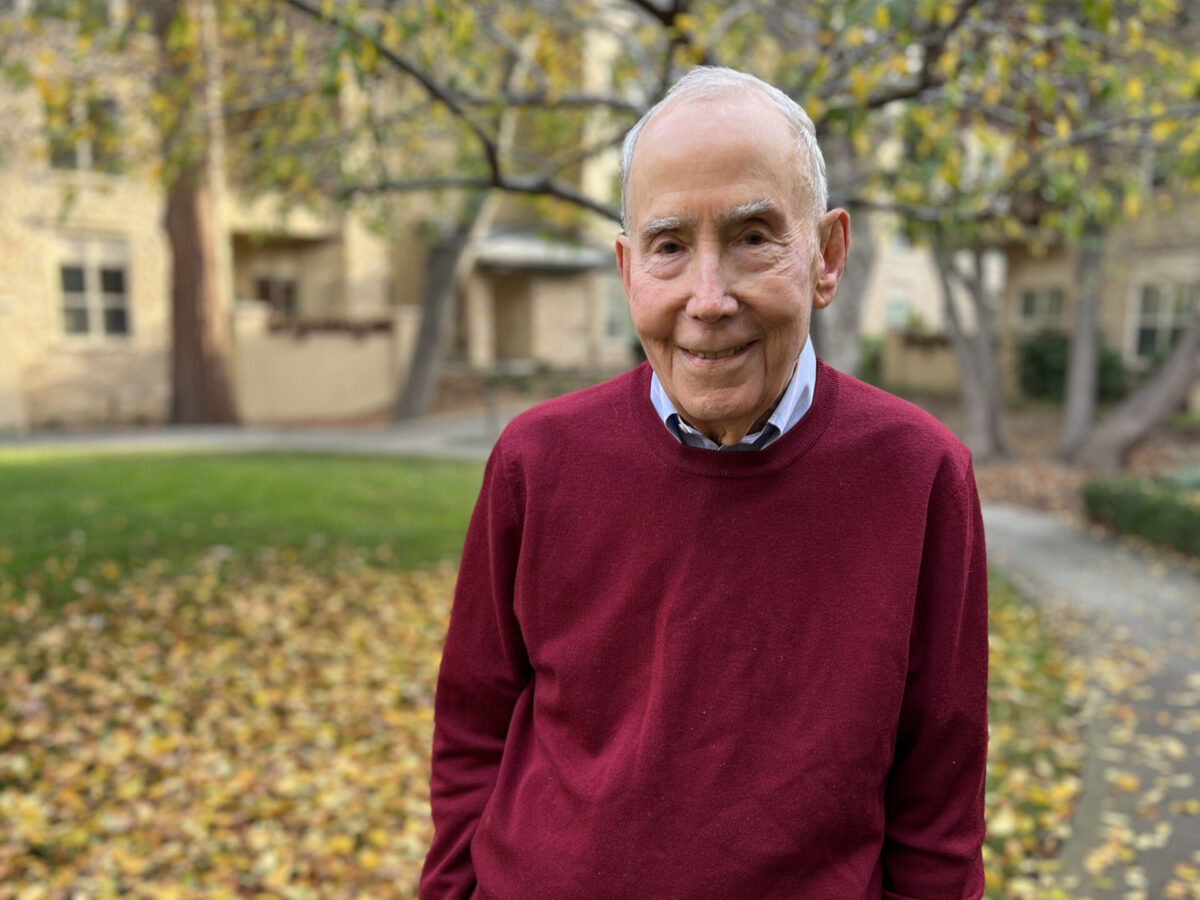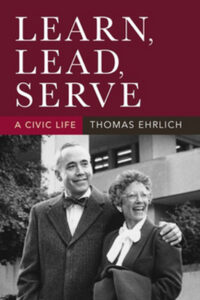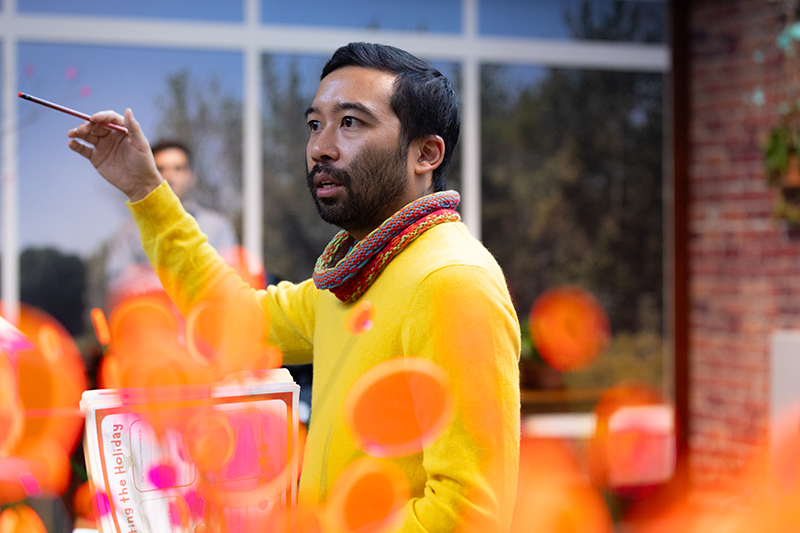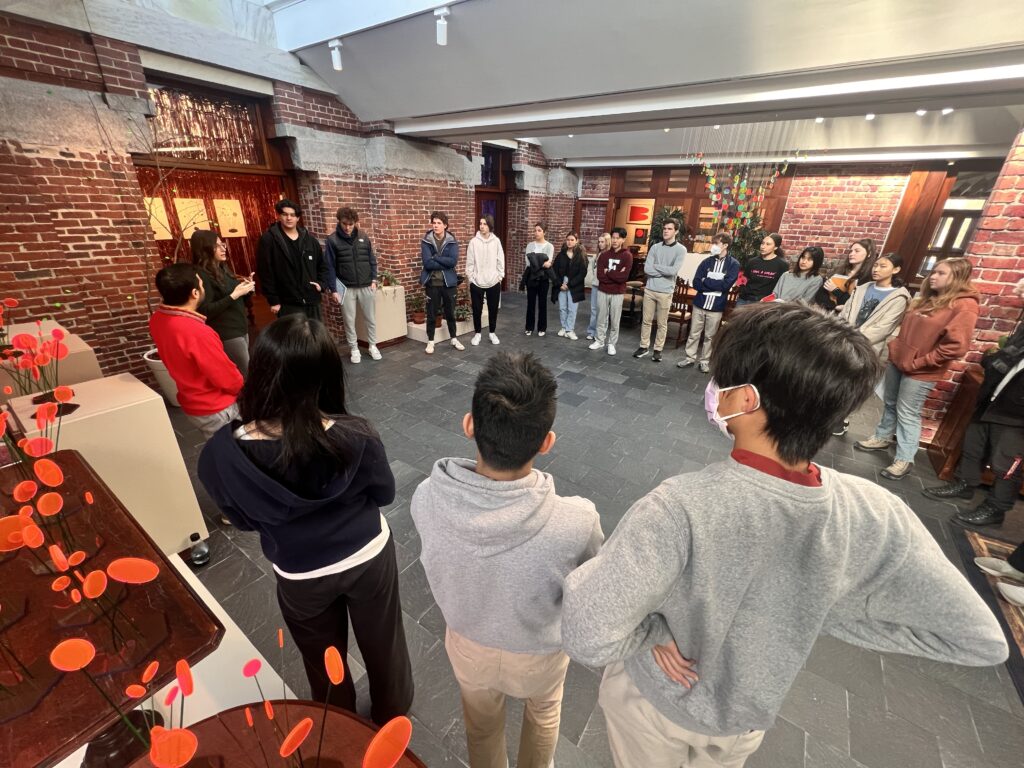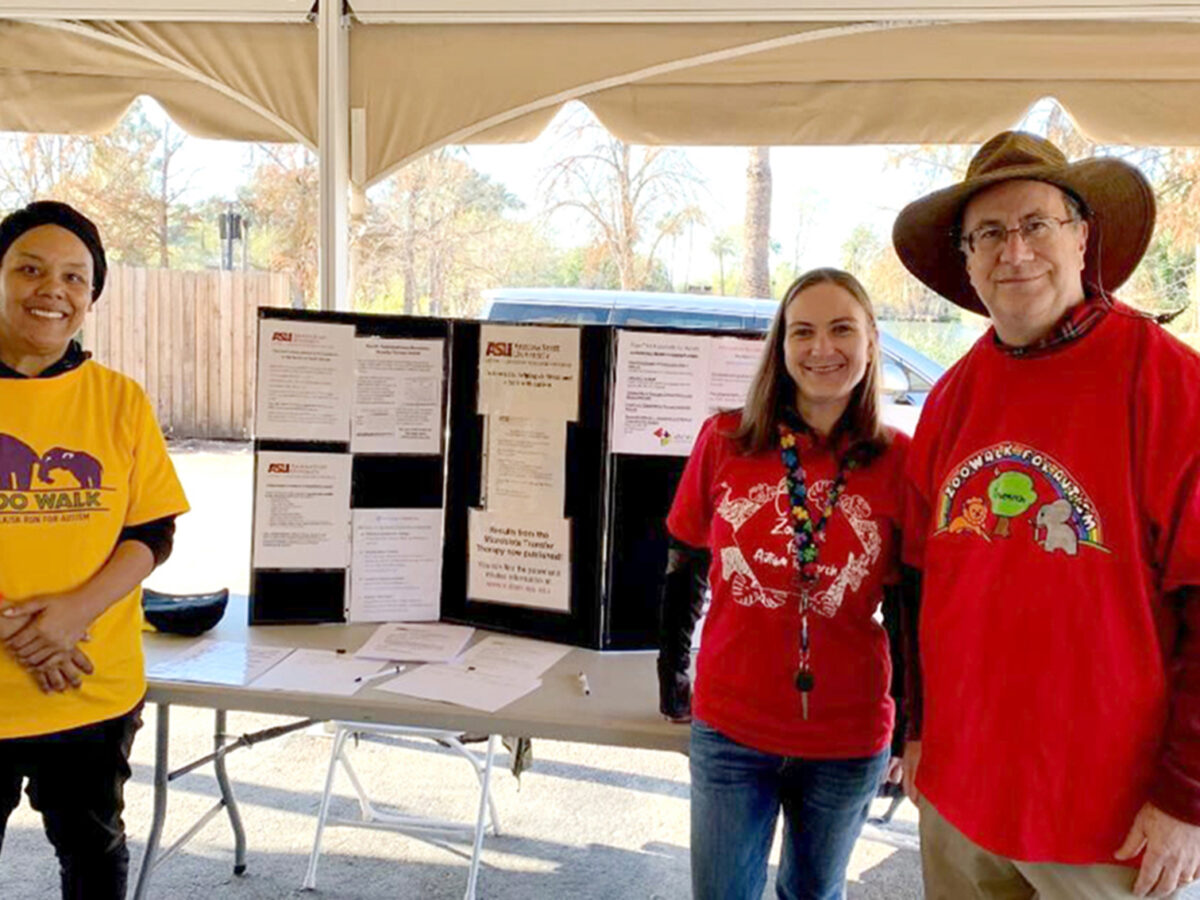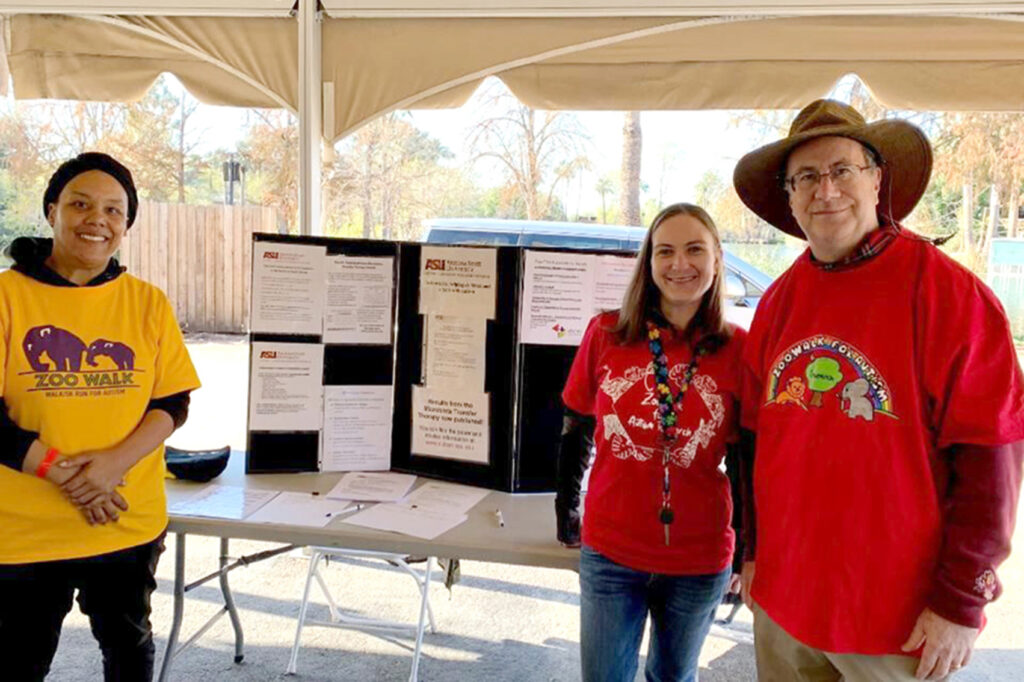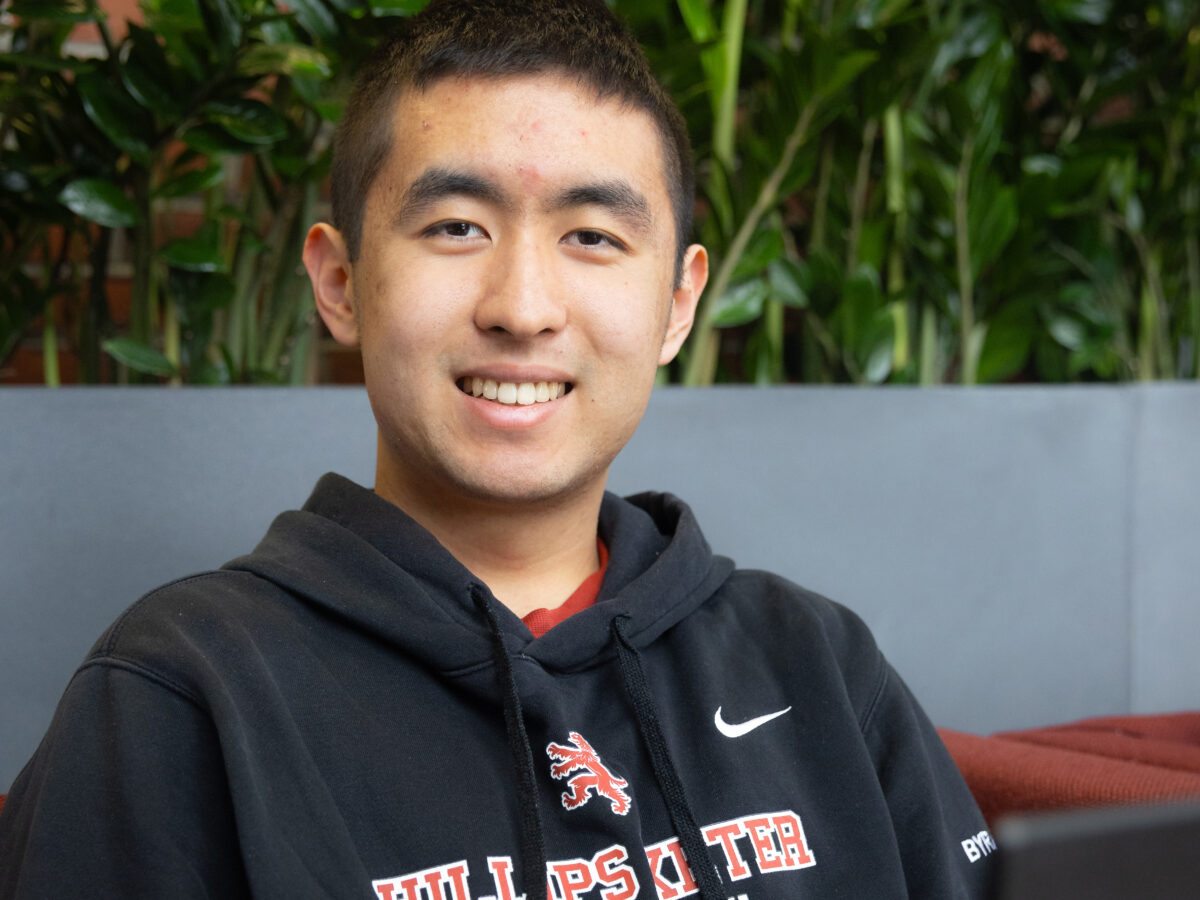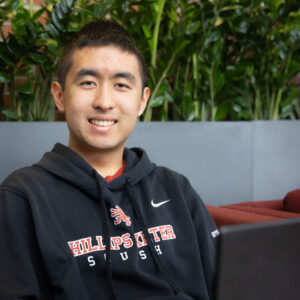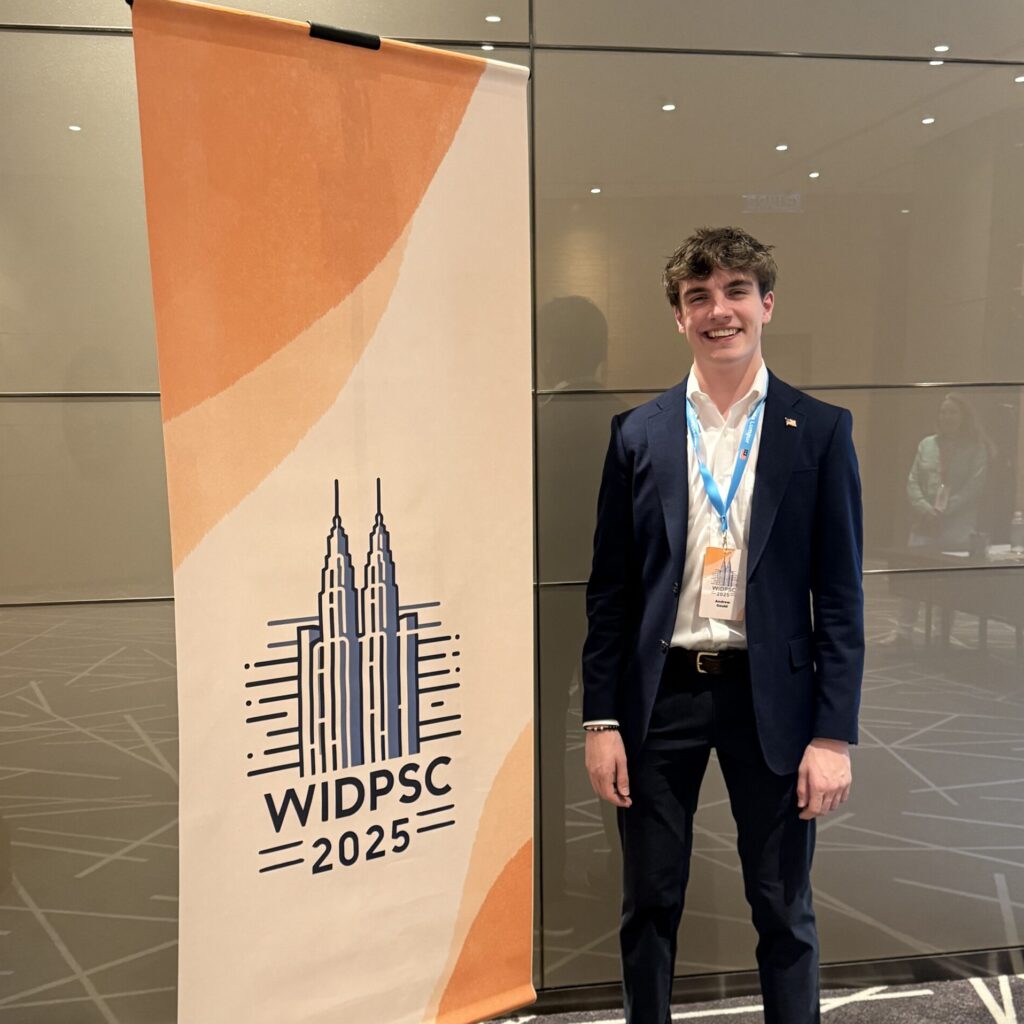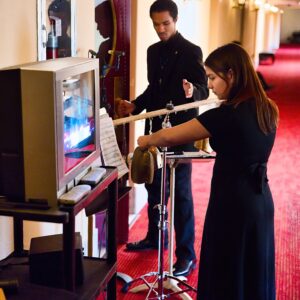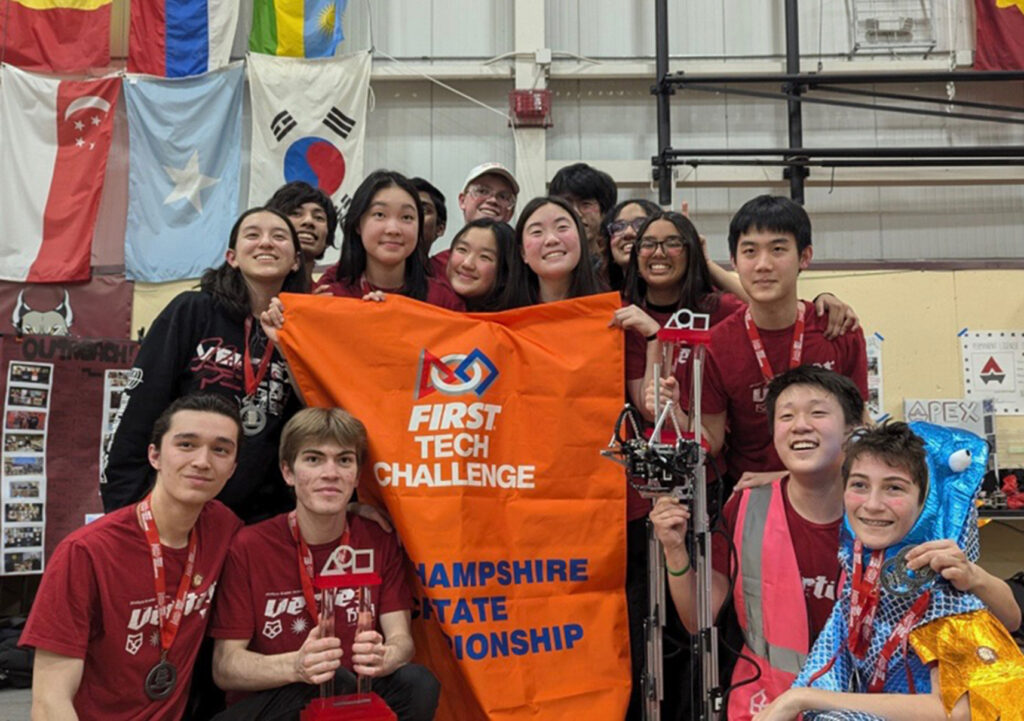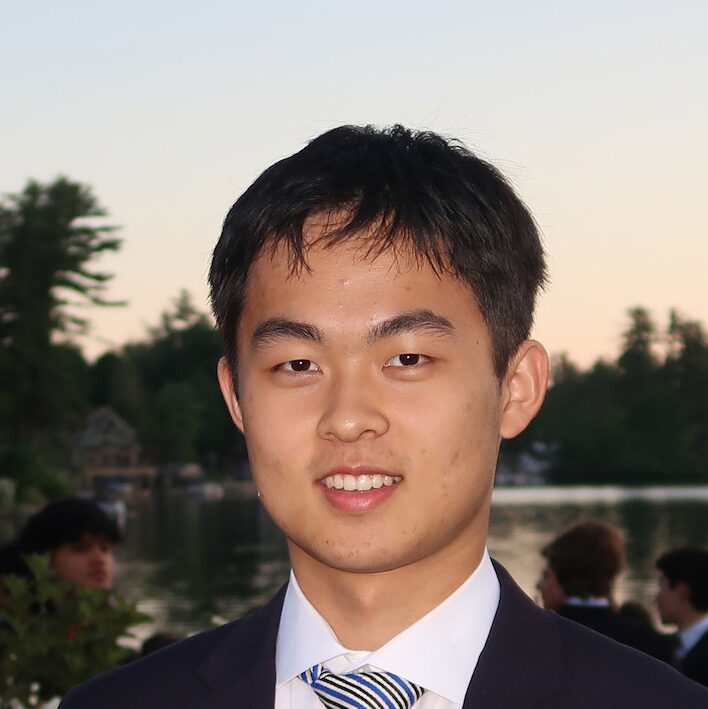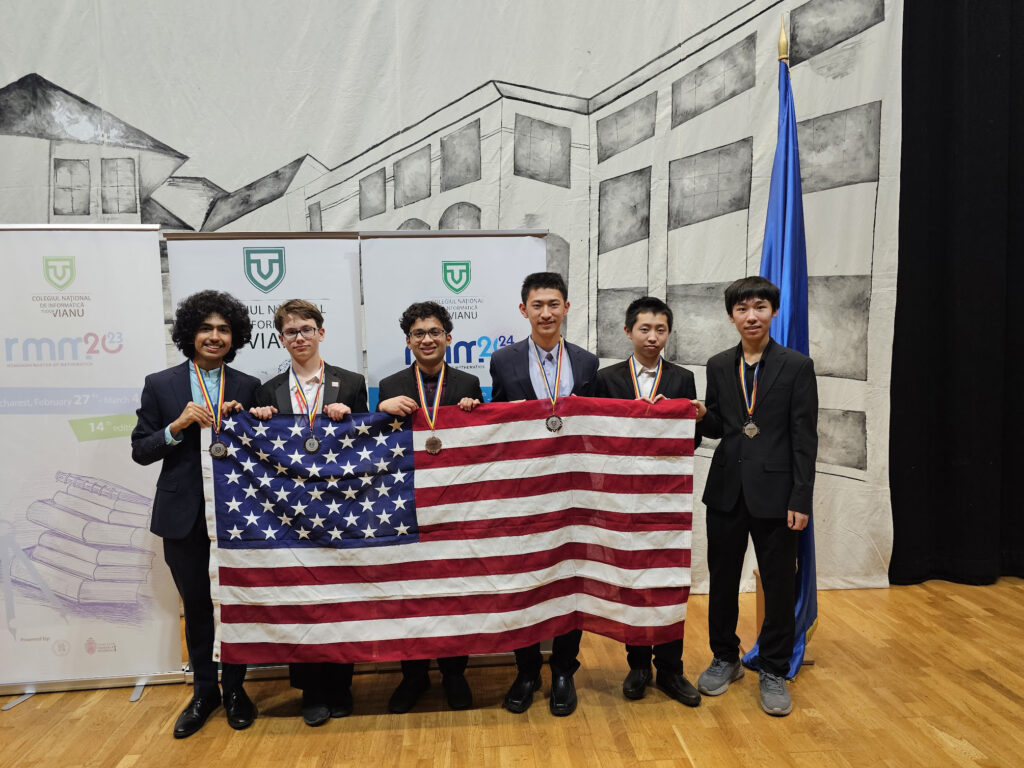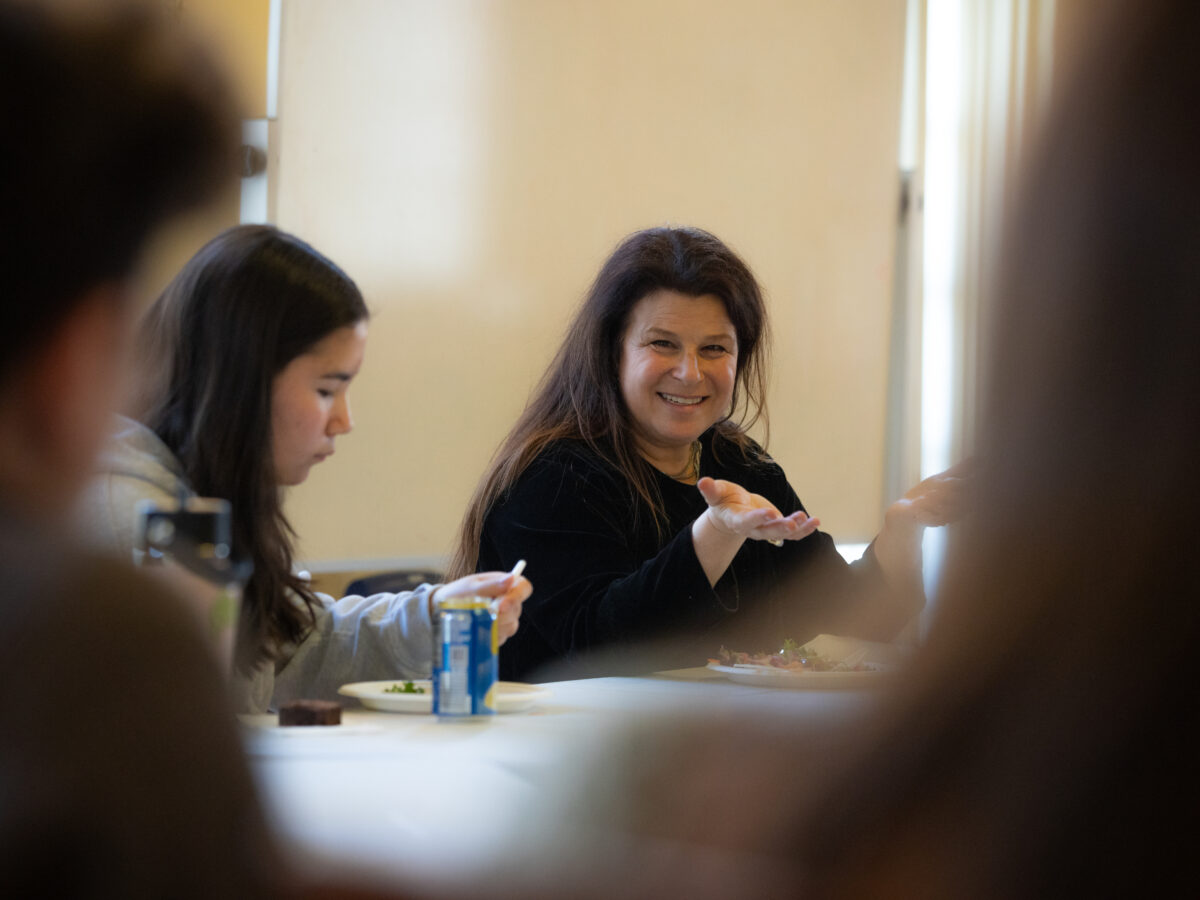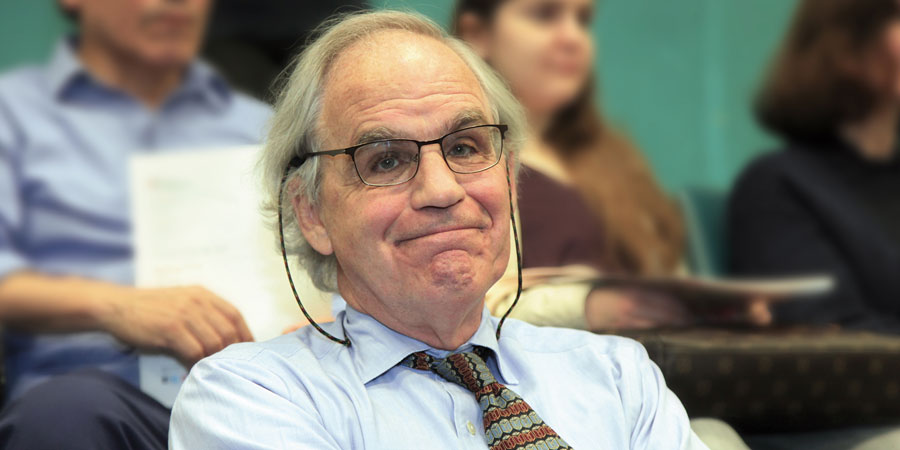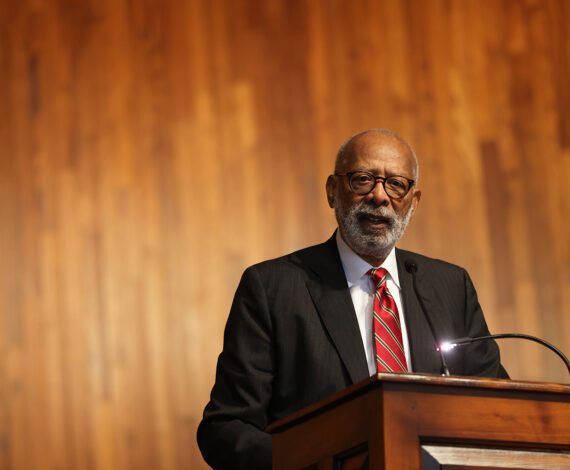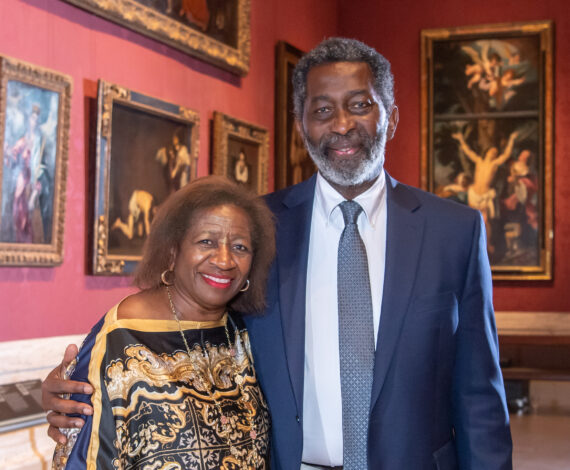Tory and Milam Newby
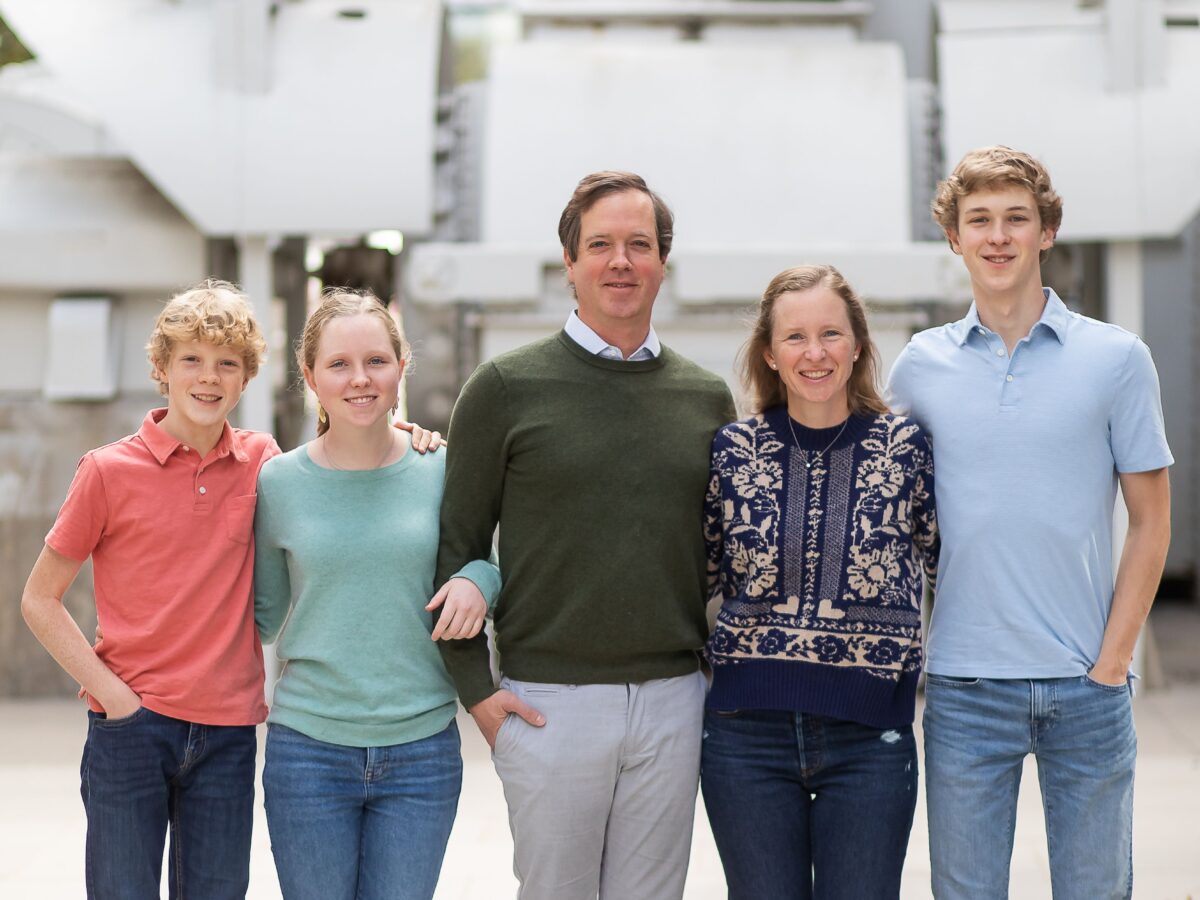
The National Chairs of the Parents Committee see volunteering as a key way of building connections with other parents.
Tory and Milam Newby recall the moment a high school placement counselor at Trinity Episcopal School in Austin, Texas, told them Exeter might be a great fit for their older son, William ’24. “She knew that William excelled in academics, but chaperoning the service-learning trip to Peru with him the summer before his eighth-grade year made her realize he was ready to explore farther,” Tory says.
A visit to Exeter in early 2020 sealed the deal. “William fell in love with the campus, and being around people who were really passionate about education and learning,” Milam says.
The visit launched the Newby family into an exciting — but sometimes challenging — new phase of their lives. When they arrived at Exeter for William’s prep fall at the height of COVID-19 precautions, Milam recalls the strangeness of having to drop him at the door of Ewald Dormitory and not being able to go in or help him unpack. Despite the slightly rocky start, William loved his time at the Academy, and his experience inspired his younger siblings, Caroline ’26 and Henry ’29, to come to Exeter as well.
“We’re a very close-knit family,” Tory says. “We knew that if our kids wouldn’t be at home with us, we wanted them to be somewhere they would be loved and cherished and taken care of, just as much as we would here at home.”
Getting involved
The Newbys had been active volunteers at their kids’ K-8 school in Austin, Texas, and they wasted no time in getting involved in a similar way at Exeter. After enlisting as members of the Parents Committee, they took on the role of class chairs for the Class of 2024; they became National Chairs of the Parents Committee in the fall of 2025.
As the central touchpoint for around 125 parent volunteers, the Newbys welcome the opportunity to build connections with other parents, increase their engagement with the school and encourage giving on behalf of the Academy. “Philosophically, we want to support the organizations that are impactful to our family,” Milam says.
Over the years their children have attended Exeter, the Newbys have made it a point to visit campus whenever they can. They enjoy connecting with other parents, whether it’s at music concert in The Bowld or during Exeter Leadership Weekend, the annual program on campus open to parent and alumni volunteers.
“I think so many parents who send their kids to boarding school really want some kind of relationship or person to talk to,” Tory says. “Having a connection is a big deal, and we’ve done that through this committee.”
Seeing an impact
The Newbys have seen their children venture beyond their comfort zones and thrive during their time at the Academy. Most recently, in Henry’s first weeks on campus, he tried out for and made the JV football team, an opportunity his parents say he wouldn’t have had at home. “To play football in Texas, you have to start at birth,” Tory says with a laugh. “So, this is actually kind of a big deal.”
Milam believes getting exposure to peers with a wider variety of backgrounds and experiences has enabled their kids to expand their own perspectives. “I think our kids have discovered who they are as people and learners while at Exeter,” he says.
Along with that growth, Tory says, has come a greater level of autonomy and self-confidence. “Milam and I are also learning as parents to appreciate and value that independence and confidence.”
Giving back
Volunteering has given the Newbys insight into the importance of The Exeter Fund, and why parents who can provide financial support beyond paying tuition might want to do so. “The Exeter Fund is the bread and butter of what makes the Exeter experience happen for everybody,” Milam says. “I think for families who don’t have the ability to interact with the school on a daily basis, giving a gift to The Exeter Fund regardless of any size is a way to show and demonstrate your love and appreciation for what the school is offering your kids.”
Tory adds that when it comes to fundraising, what’s important is participation at any level, not the amount of the gift. “Everybody has something to contribute, whether that’s time or treasure,” she says. “We’re here to support families in giving in either or both of those ways.”
“At the end of the day, volunteering for Exeter has given us an opportunity to make something that feels very far away very close to home,” Milam says.
